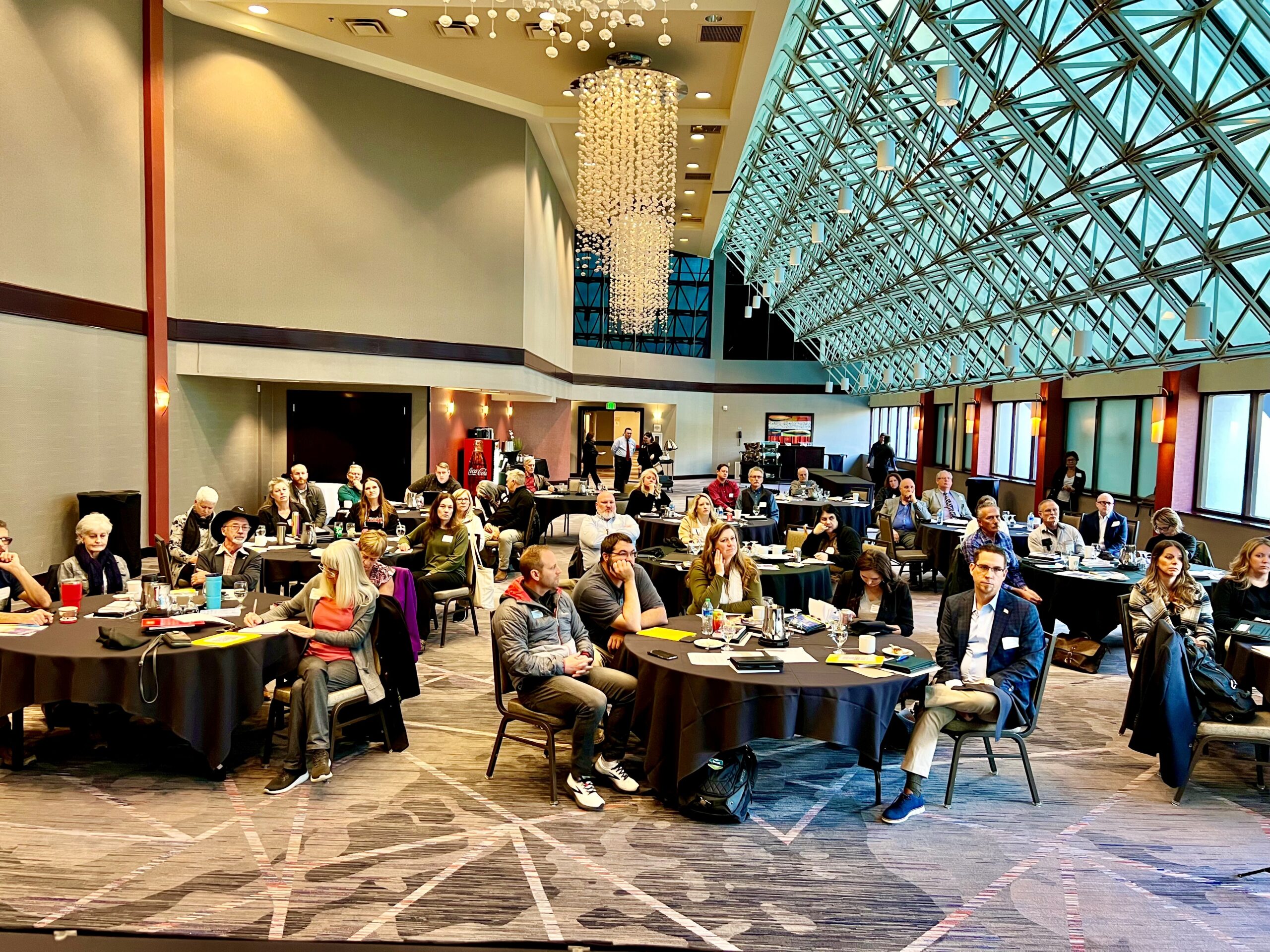The highlight of these events, however, was the opportunities for school board members to network and meet like-minded people fighting the same fight in their districts.
Many of the school board members in attendance are in the minority on their boards, some being the lone voice of reason. Many are newly elected parents furious at the state of our public-school systems but new to politics and the role of an elected official. Many arrive to our events in need of empowerment and information so they can return to their districts with a newfound confidence.
And after a year of meeting hundreds of school board members across four states, there is one sentiment I have heard countless times that really stands out: Many school board members are unaware of the authority they truly have on their boards, particularly in relation to their district’s superintendent.
I want to make one thing clear for all school board members trying to fight for students and parents in our schools: You do not answer to your superintendent. You are not obligated to fulfill your superintendent’s agenda. Your superintendent does not make the final call – you do.
Because superintendents are not elected but hired, many can stay in their position past the four-year term of a school board member depending on the length of the contract negotiated. This makes them in many cases the expert that board members rely on when trying to figure out the district. They hold much of the power as they implement the programs and resolutions passed by the board and have personal relationships with the schools, teachers, and parents.
Because of their position, it is easy for new board members who have never held public office to be confused in regard to the hierarchy. Many board members enter into their new role with a highly established and experienced superintendent letting them know how “things are usually run.”
Even past president of the California School Board Association (CSBA), Jill Wynns, has acknowledged in the past the power dynamic confusion between the two positions: “Who works for whom is not clear.”
The CSBA website clearly describes the superintendent’s role: “The Superintendent … supports the efforts of the Board of Trustees [and] … understands that authority rests with the Board as a whole.”
This is not to say that there are not fantastic superintendents out there who, when a respectful working relationship is formed, support the goals of the school board while also offering information and guidance on the district.
But school board members were elected by community parents and families who believe in their agenda to make meaningful change in their schools should be empowered by their mandate from the voters – not hindered by an unelected superintendent.
Good superintendents do exist. But for school board members who are feeling pressure to follow their Superintendent’s agenda and decisions, please remember that you were empowered by the voters to be in charge.
Emily Humpal is the Pacific Research Institute’s deputy communications director.

